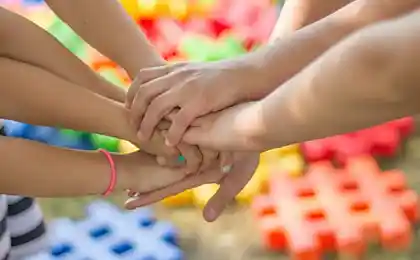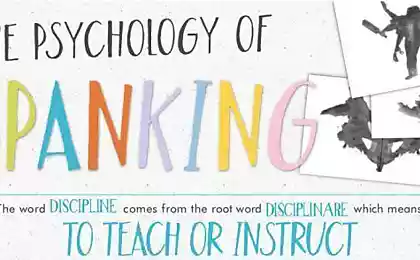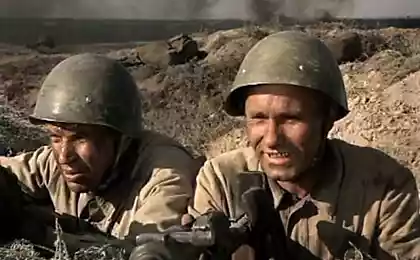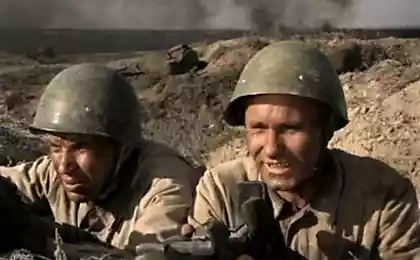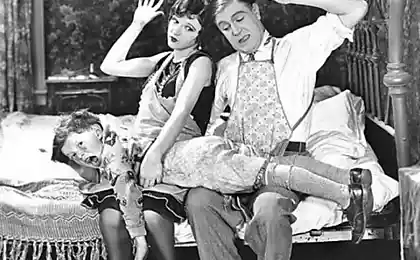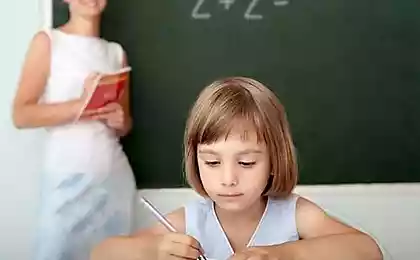541
Briefly about the punishment
I have long thought to write or not to write. On punishment in the upbringing of children. Decided that while she will not. Just quote the textbook pedagogy. And you decide for yourself why so many people talk about the ineffectiveness of punishment and destruction for their child's psyche.
Because the punishment is the root word of "instruction" — it must lead from the wrong behavior to correct. And therefore, the punishment must be carried out strictly within the rules. And the most important rule of punishment — IT SHOULD NOT HUMILIATE HUMAN DIGNITY. This applies to all — children, adults. Human dignity is inviolable. If punishment does not follow this basic point, it is not punishment. That is not a method of behavior; rather, the mockery, the act of sadism, revenge, abuse, and so on.
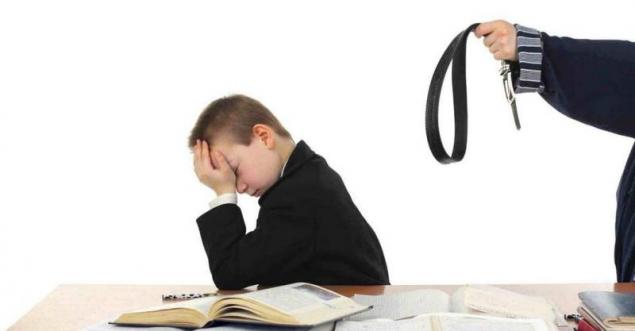
Here is a quote from educational textbooks (all about the same)
Like any method of stimulation, which has a strong impact on the emotional and motivational sphere of the person, the penalty shall be applied, subject to a number of requirements:
1) it must be fair, carefully considered, and in any case should not humiliate the dignity of the pupil;
2) we should not be hasty to punish as long as there is no certainty of the justice of punishment and its positive influence on the behavior of the student;
3) applying the punishment, you should make sure that the student understand what he is being punished;
4) punishment should not be "global", i.e. punishing the child, you need to find in his behavior and positive way and to emphasize them;
5) one offense must be followed by one penalty; if the misconduct of many, the punishment can be severe, but only one, for all the offenses at once;
6) the punishment should not cancel the promotion, which the child could earn before, but haven't managed to get;
7) the choice of punishment is necessary to consider the nature of the offense, by whom and under what circumstances it was committed, what are the reasons that prompted the child to commit the offence;
8) if a child is punished, then it's already forgiven and no longer carry on a conversation about past indiscretions.
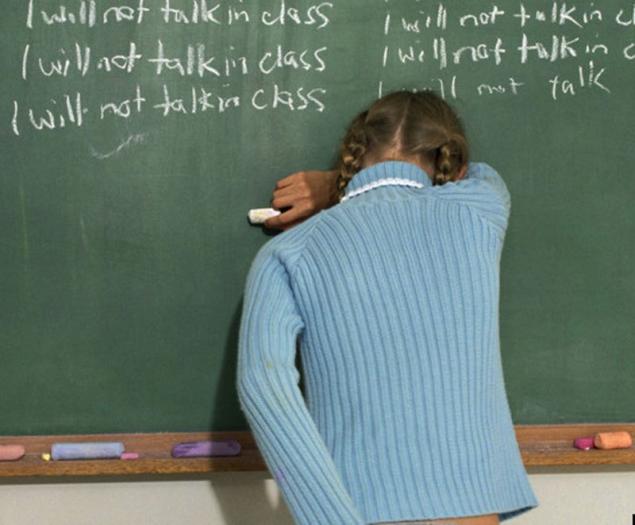
The most insulting that teachers have taught this. But it doesn't work if the teachers brought humiliation. And do they work in degrading conditions. And with parents the same. You can read books on pedagogy, child psychology, anything. But if you grew up in an atmosphere of humiliation, requires a tremendous effort not to reproduce it with my own children. And those parents that is still possible, at least from time to time, has earned respect. It is hard work to hold the usual reaction to the irritating behavior of the child and give the correct. And very valuable. So we teach our children to respect and dignity. And they teach their. published
Author: Svetlana Panina
P. S. And remember, only by changing their consumption - together we change the world! ©
Source: svetlana-panina.livejournal.com/562087.html
Because the punishment is the root word of "instruction" — it must lead from the wrong behavior to correct. And therefore, the punishment must be carried out strictly within the rules. And the most important rule of punishment — IT SHOULD NOT HUMILIATE HUMAN DIGNITY. This applies to all — children, adults. Human dignity is inviolable. If punishment does not follow this basic point, it is not punishment. That is not a method of behavior; rather, the mockery, the act of sadism, revenge, abuse, and so on.

Here is a quote from educational textbooks (all about the same)
Like any method of stimulation, which has a strong impact on the emotional and motivational sphere of the person, the penalty shall be applied, subject to a number of requirements:
1) it must be fair, carefully considered, and in any case should not humiliate the dignity of the pupil;
2) we should not be hasty to punish as long as there is no certainty of the justice of punishment and its positive influence on the behavior of the student;
3) applying the punishment, you should make sure that the student understand what he is being punished;
4) punishment should not be "global", i.e. punishing the child, you need to find in his behavior and positive way and to emphasize them;
5) one offense must be followed by one penalty; if the misconduct of many, the punishment can be severe, but only one, for all the offenses at once;
6) the punishment should not cancel the promotion, which the child could earn before, but haven't managed to get;
7) the choice of punishment is necessary to consider the nature of the offense, by whom and under what circumstances it was committed, what are the reasons that prompted the child to commit the offence;
8) if a child is punished, then it's already forgiven and no longer carry on a conversation about past indiscretions.

The most insulting that teachers have taught this. But it doesn't work if the teachers brought humiliation. And do they work in degrading conditions. And with parents the same. You can read books on pedagogy, child psychology, anything. But if you grew up in an atmosphere of humiliation, requires a tremendous effort not to reproduce it with my own children. And those parents that is still possible, at least from time to time, has earned respect. It is hard work to hold the usual reaction to the irritating behavior of the child and give the correct. And very valuable. So we teach our children to respect and dignity. And they teach their. published
Author: Svetlana Panina
P. S. And remember, only by changing their consumption - together we change the world! ©
Source: svetlana-panina.livejournal.com/562087.html
Unjustified expectations that hinder to live
Tell me what you did today, and I'll tell you who you are


